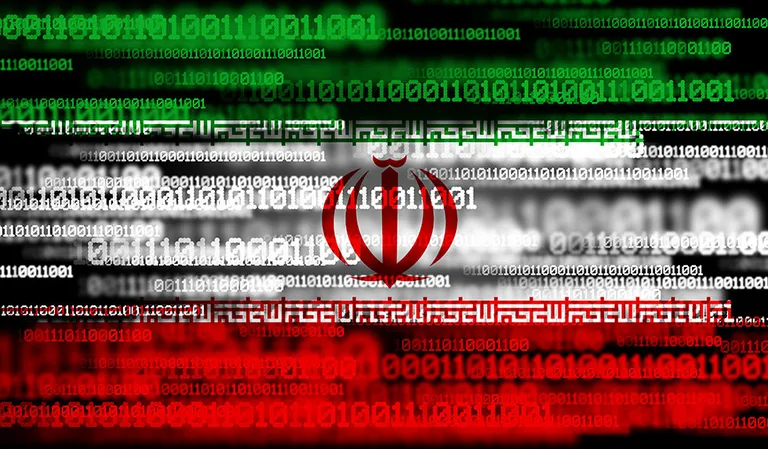Summary
An Iran-linked cyber hacktivist group known as Handala (also referred to as Hanzala) has recently claimed responsibility for a spate of high-stakes attacks targeting Israeli organizations, including critical infrastructure and government-affiliated entities. These digital strikes reflect deeper geopolitical tensions following military confrontations between Iran and Israel.
Key Developments
1.Massive Data Breaches
Handala reportedly exfiltrated data from Israeli petroleum conglomerate Delek Group and subsidiary Delkol, leaking some 300,000 documents and approximately 2 TB of internal files (scworld.com, timesofisrael.com).2.Kindergarten PA System Breach & Text Alerts
The group claimed to have hacked public address systems in at least 20 Israeli kindergartens, broadcasting rocket sirens and threatening messages over emergency channels (iranintl.com).3.Attacks on High‑Value Military Target
In prior campaigns, Handala asserted it compromised the Israeli military’s radar and Iron Dome systems, alongside penetrating an electronics firm Rada Electronics (presstv.ir).Motivations & Tactics
Ideological drive: Handala identifies with pro‑Palestinian and Iranian nationalist agendas, often acting in response to regional military events (e.g. strikes on Iranian nuclear sites or Hezbollah incidents) (thecyberexpress.com).
Reputation building: The group frequently defaces websites, leaks sensitive data including personal info of senior Israeli politicians such as Benny Gantz and Gabi Ashkenazi and claims high-profile infrastructure hacks (thecyberexpress.com).
Psychological warfare: Beyond data theft, Handala broadcast audio alerts like sirens and alarm messages to incite fear among civilians (iranintl.com).
Impact & Verification
Unverified claims: Many of the group’s assertions particularly about military systems and nuclear facilities lack independent confirmation. Israeli authorities either deny these incidents or indicate investigations are ongoing (iranintl.com).
Demonstrated breaches: The kindergarten PA and Delek data leaks are supported by statements from affected entities, corroborated through official and media disclosures (scworld.com).
Regional ripple effect: Israel’s National Cyber Directorate is working with private firms and government avenues to mitigate ongoing threats and reinforce critical infrastructure defenses (iranintl.com).
Geopolitical Context
These cyberattacks occur amid increased hostilities—including Israeli airstrikes on Iranian facilities and Iran’s rocket assaults on Israel—marking the cyber domain as a key battleground .
Handala exemplifies Iran’s use of proxy-like cyber operations, reflecting a pattern where nation-states leverage hacktivist groups to advance geopolitical motives while maintaining deniability (thecyberexpress.com).

Looking Ahead
As regional tensions continue, Handala and similar groups may escalate further targeting even more sensitive systems like nuclear, defense, or financial networks. Cross-border coordination between governments and cyber security agencies is vital for detecting, attributing, and mitigating these evolving hybrid threats.
Stay tuned for updates as investigations unfold and more technical insights emerge on the methods and impact of these attacks.
